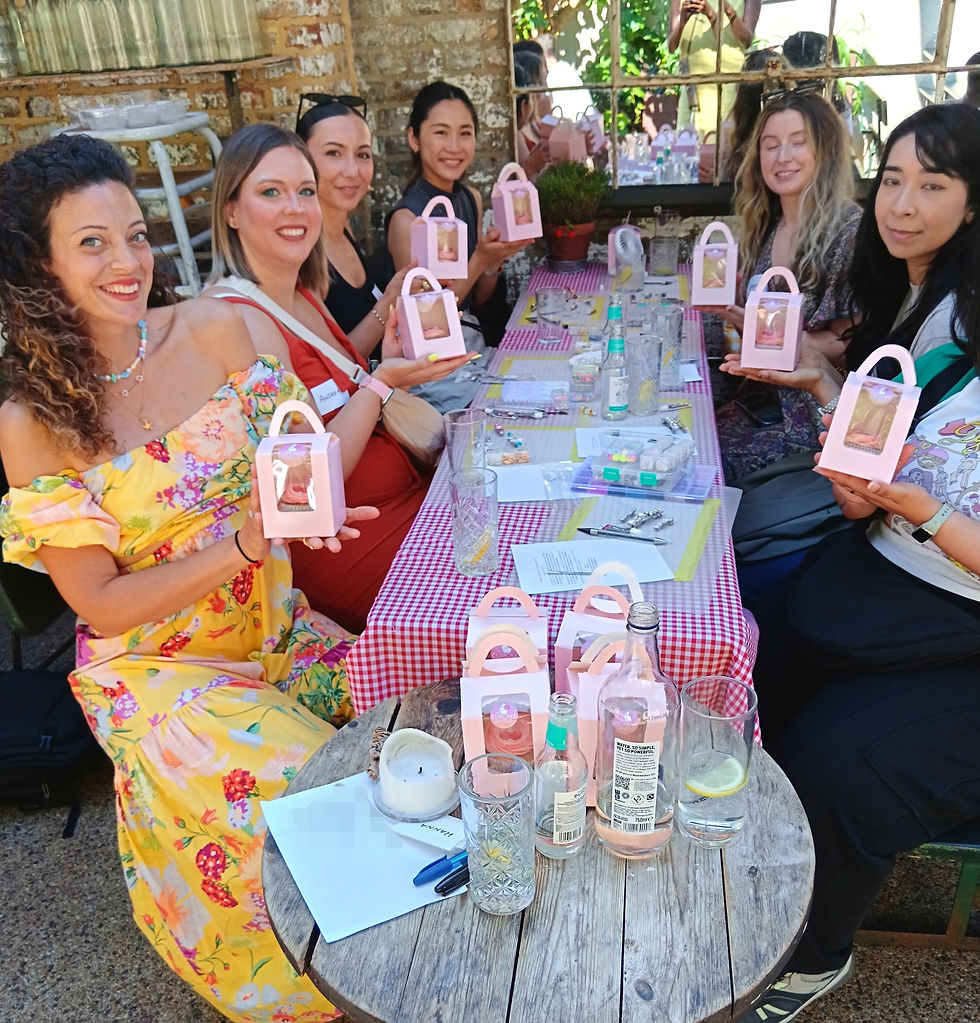How to prepare your baking business for a health inspection
- Doyin F

- Mar 2, 2022
- 3 min read
Updated: May 28, 2022
The Cupcake Avenue has received a 5-star Food Hygiene Rating from Westminster City Council.
The Food Hygiene Rating Scheme helps customers choose where to eat out or shop for food. When food businesses in Westminster City Council are inspected, they are given one of five ratings. This ranges from zero, to a top rating of five. A 5 means the hygiene standards are very good and fully comply with the law.
Listed below are some tips on how bakers can prepare for inspection. It is advised to adhere to the requirements of your local authority, as requirements and laws may vary across England, Wales and Northern Ireland.
Before inspection:
Visit your local council’s website to find out what guidance and resources are available. You may also need to complete food hygiene training and receive certification. More information can be found here.
Document your Food Safety Management System (FSMS). Each council will have a form you can download or complete electronically.
Speak to an Environmental Health Officer from your local council if you have any questions or need support with the above.
Questions to ask yourself:
Inspect your food preparation areas. Is it compliant with requirements outlined in your food hygiene training? For example:
You should inspect your storage facilities. Are you using food-grade packaging?
Are you storing your food at safe temperatures? Cakes are low risk, but if you are using fresh ingredients like whipped cream (after baking), it should be refrigerated.
Do you have allergy prevention measures in place?
Review your cleaning materials: cleaning sprays, cleansers, etc. Are they non-toxic for surfaces? If not, you should be using a food safe cleanser to clean your kitchen after disinfecting. This Dettol surface cleaning spray is a suitable cleanser to use as a final step in your cleaning routine.
How often do you replace your cleaning cloths, sponges and wash your tea towels?
Cleaning your kitchen:
It’s important to prepare food for public consumption in a kitchen that is regularly and thoroughly cleaned. Areas that can be easily missed or overlooked include:
Fridges and freezers (check the back of these areas too)
Cupboards
Food storage compartments and containers
Door handles
Light switches
Bins
Reviewing your products and processes:
Always check sell by dates. You can find more information here.
Use a safe food handling checklist when preparing an order. This is especially useful for allergies or orders with alternative dietary requirements, to help avoid contaminants.
Regularly review your food processes.
What happens during the inspection?
Unlike shops, restaurants and pubs, an Environmental Health Officer will have to schedule private property inspections.
During your inspection, you will need to show your food preparation area, storage and explain some of your processes and procedures. It’s a good idea to have a hard or digital copy of your FSMS documents on hand, so you can talk through your preparation stages with the Officer. Every visit will vary, but they typically last no longer than 30 minutes. More information can be found here.
What happens after the inspection?
The outcome of your inspection will be emailed to you along with your rating (1-5). It will later be updated on the system. It may take a week or two for all the information to be updated on your online records.
The Cupcake Avenue is registered with Westminster local authority under Cupcake Avenue.
Always practice due diligence when it comes to food safety and operating your business. Full guidance on preparing for food inspections can be found at food.gov.uk. Please contact your local authority for a full list of guidance and requirements.





